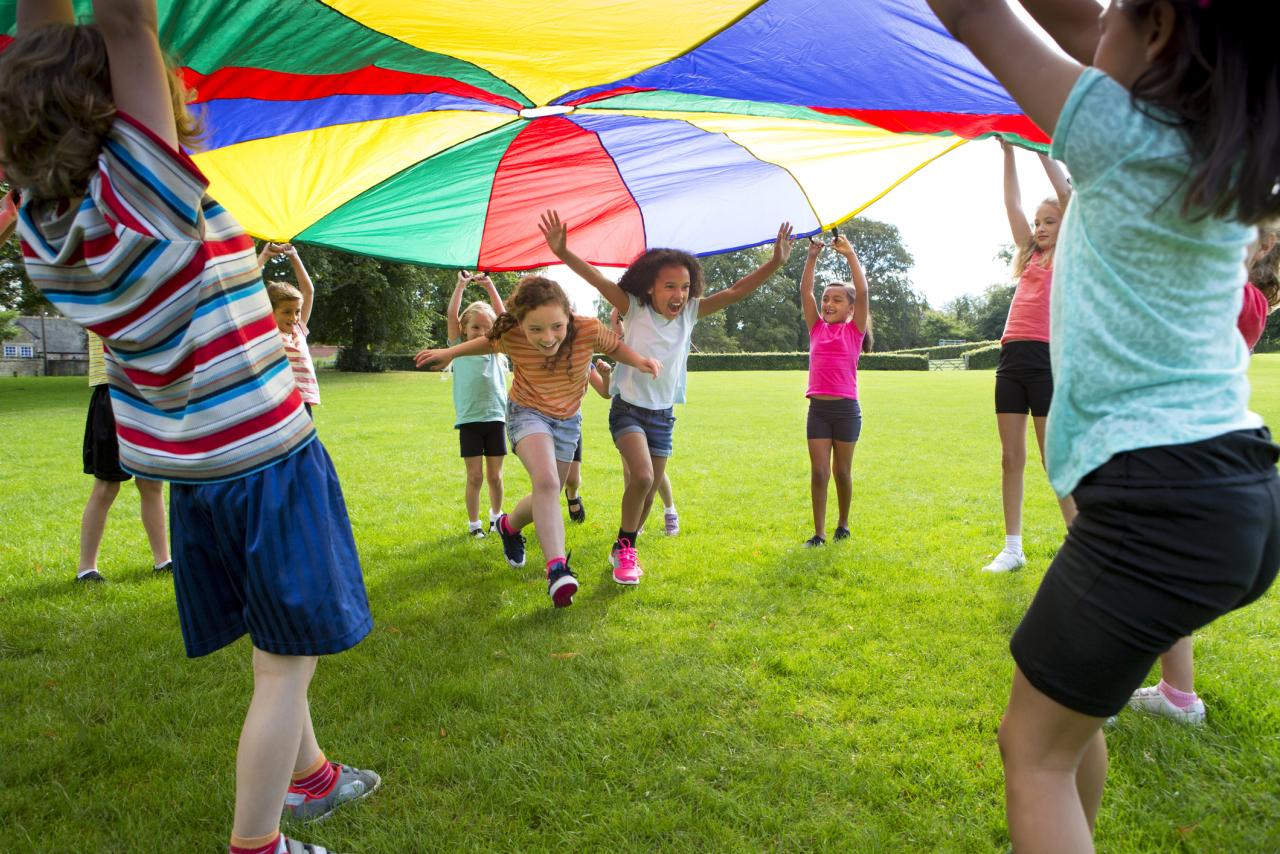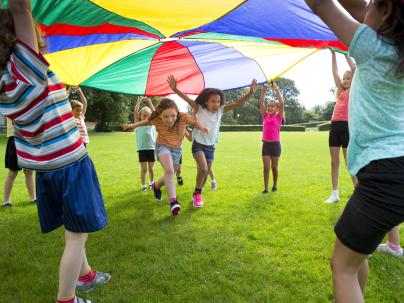Health promotion resources for teachers and school administrators

To support schools and school administrators in promoting the health and well-being of students, Vancouver Coastal Health offers and supports a variety of evidence-based and practical resources within the topic areas of physical health, healthy sexuality, mental well-being and substance use.

Physical Health
The Physical Health Program, offered by VCH Public Health Nurses, is a partnership with educators to integrate physical activity and literacy, healthy eating and sleep habits into grade 1 to 3 classrooms. Public health dietitians, community health specialists, and policy leads also offer support for school districts in fostering environments and policies that promote physical health.
Physical health resources
-
-
Physical Health - Module 1 Lesson Plan
-
Physical Health - Module 2 Lesson Plan
-
Physical Health - Module 3 Lesson Plan
-
Physical Health - Module 4 Lesson Plan
-
-
-
Physical Activity and Physical Literacy Parent Handout
A VCH resource for parents and caregivers for children in grades 1 to 3.
-
The Rainbow Brain Handout
A VCH resource for parents and caregivers for children in grades 1 to 3.
-
Eating Well Parent Handout
A VCH resource for parents and caregivers for children in grades 1 to 3.
-
Sleep and Screens Parent Handout
A VCH resource for parents and caregivers for children in grades 1 to 3.
-

Healthy Sexuality
Our Healthy Sexuality Program, offered by Public Health Nurses, supports educators to deliver comprehensive sexuality education from the Grades 8-10 Physical and Health Education Curriculum.
Healthy Sexuality Program resources
-
-
Lesson Plans and Teaching Resources
-
Healthy Sexuality Program Infographic
-
-
-
Sexual Health - Getting started
-
Reproductive Systems and Pregnancy Prevention
-
Sexually Transmitted and Blood Borne Infections (STBBIs)
-
Sexual Orientation and Gender Identity (SOGI)
-

Mental health promotion
VCH resources schools can share with families to help children develop stronger mental health and well-being.
Mental health promotion resources for schools
-
-
Mental Health
An overview of mental health and well-being for parents/caregivers. Covers what mental health is, when and how to seek support for children, how to talk about mental health as a family, and how to foster children’s positive mental well-being.
-
Social and Emotional Learning
Understanding SEL and ways parents/caregivers can strengthen children’s social emotional development.
-
Body image
Ways parents/caregivers can support their children to develop a healthy relationship with food and body
-
-
-
Screen use for parents (0 to 4 years)
-
Screen Use for Parents (5 to 12 Years)
-
Screen Use for Parents (13 to 17 Years)
-

Substance Use Prevention
Substance use prevention resources for schools
-
-
Substance use services and resources
-
Kelty substance use and youth
-
Youth vaping
-
The ABCs of Youth Substance Use
McCreary Centre Society. Lists options for age-based substance use school programs that align with PHE Curriculum.
-
Blueprint for Action: Preventing substance-related harms among youth through a Comprehensive School Health approach
Public Health Agency of Canada. A resource for schools/school boards that informs comprehensive and concrete action plans and strategies to prevent substance-related harms among youth.
-
Lesson Plans: Safety First: Real Drug Education for Teens from Interior Health
-
School Health Data Sources
The sources below provide health data information about your schools and district and can be used to inform your programs.
- BC COVID-19 Survey on Population, Action and Knowledge (SPEAK) – The results look at risk perception and the broader impacts of COVID-19 which include social, economic, physical health, mental wellness and community resiliency.
- Middle Years Development Instrument (MDI) – The data sheds light on the thoughts, feelings and experiences of children in grade 4 to grade 8. It can be used to inform policy and practice in your school community.
- Adolescent Health Survey – The survey provides an evidence base of health behaviour trends, emerging issues, and risk and protective factors for healthy development.
- Youth Development Instrument (YDI) - Schools can use their data reports to identify and address issues amongst youth as well as to promote positive youth development. This is particularly important given recent YDI data indicating the pandemic’s continued impact on youths’ well-being, especially mental wellness. Find examples of YDI resports for 22 participating districts from previous years.






